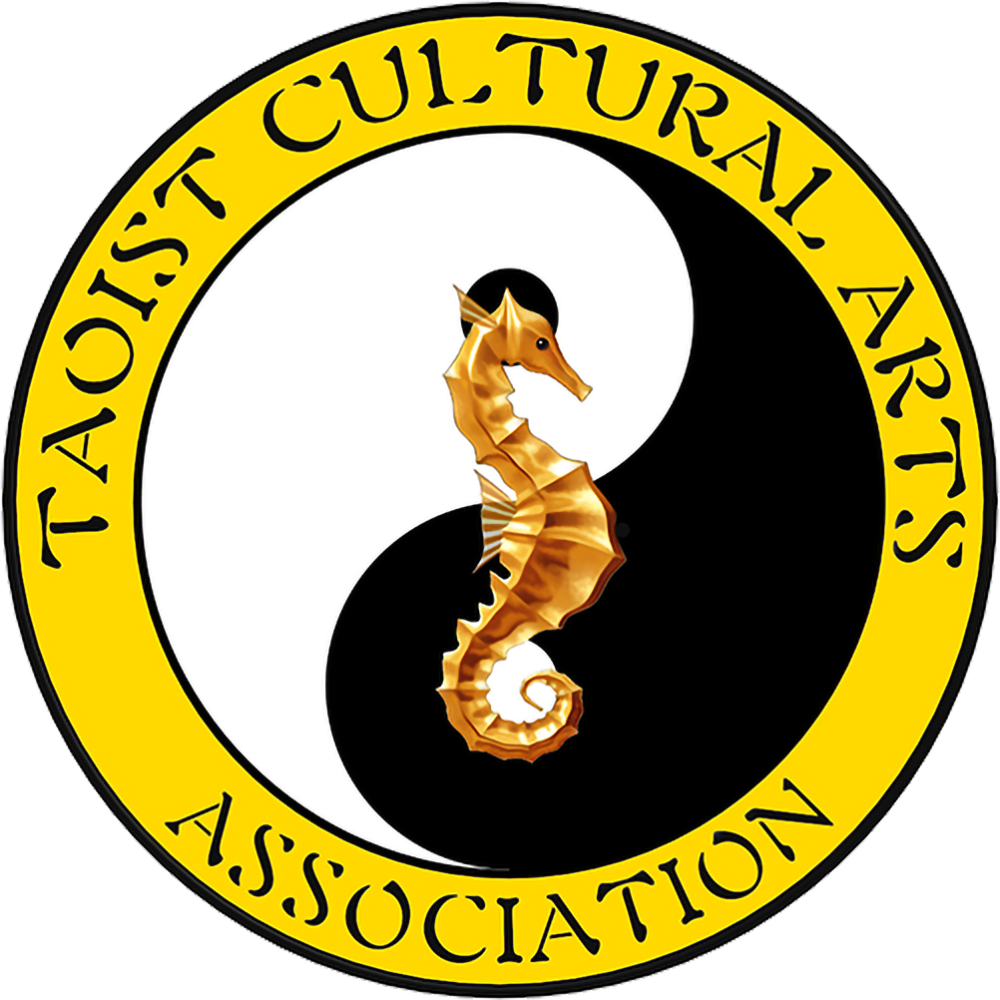
Qi is a super important idea in Chinese culture and traditional medicine. It’s the building block of everything – solids, liquids, gases, and even things like light and magnetism. Basically, the whole universe is made up of Qi.
When it comes to Tai Chi, we’re mainly talking about your own personal Qi. It’s like having a battery pack inside you that keeps your body, mind, and spirit energized. Qi is a big deal in ancient Chinese medicine, and it’s often called “life force” or “vital energy.” Every living thing has Qi flowing through it. In traditional Chinese medicine, Qi moves through the body along pathways called jingluo (经络) or meridians, which are connected to our organs. Qi is also stored in vessels throughout the body that act like energy buffers. When Qi flows smoothly, you’re healthy and balanced. But when it gets blocked or runs low, you can end up with physical, mental, and spiritual problems.
In Tai Chi, Qi is like the energy that powers your body’s movements. It flows through your body, creating a sense of harmony and balance. The whole point of practicing Tai Chi is to get your Qi flowing freely and in sync.
The Three Treasures
In traditional Chinese medicine, there are three super important substances called The Three Treasures: Jing, Qi, and Shen.
- Jing: Jing is the stored essence of your body, including your bones, marrow, and reproductive fluids. It’s mainly stored in your kidneys but can also be found in your bone marrow, brain, and energy meridians.
- Qi: Qi is ruled by your lungs and comes from Clean Air Qi, Food Qi, and Ancestral Qi (also known as Kidney Yin or Jing). Your lungs also make Wei Qi, which is a special kind of defensive Qi that protects your body from outside invaders.
- Shen: Shen is all about your spirit or consciousness, including your emotions, thoughts, and perceptions. Shen hangs out in your heart and is made up of five different Shens that live in different organs. These five Shens are linked to the five elements (water, wood, fire, earth, and metal) and have emotions that go along with each element.
The three treasures are all connected, and each one affects the others. For example, when your Jing is strong and healthy, it can help build up your Qi and Shen. When your Qi is flowing smoothly, it can nourish your Jing and support your body’s health. When your Shen is calm and peaceful, it can help balance your Qi and Jing.
In Tai Chi, working on your Qi helps bring harmony and balance to all three treasures, leading to better health and well-being.
How to Grow Your Qi with Tai Chi
There are lots of ways to work on your Qi in Tai Chi. Here are some key things to remember:
- Relaxation: Keep it chill when you’re doing Tai Chi and Qigong movements. Your body and mind should be relaxed. Don’t use force or muscle power, as tension can block your Qi flow. Just let go of any stress.
- Breathing exercises: Your breath is closely connected to Qi. In Tai Chi, breathe slowly, deeply, and relaxed. Focus on exhaling fully to get rid of stale air and toxins. Deep breathing helps bring more energy into your body and stimulates your internal organs.
- Concentration: Tai Chi is like a moving meditation. Focus on your movements and how your body feels, letting distractions fade away. This helps guide Qi around your body and improves blood flow.
- Chang Ming Taoist diet: Eat fresh, organic whole foods that are in season and packed with nutrients. This helps nourish your body and promote healthy Qi. Junk foods, processed foods, and additives can be tough on your digestive system and block Qi from flowing properly. Overeating can also cause problems, as it makes your body work harder to supply energy. So, stick to eating just what you need and don’t overdo it. Food is meant to give your body Qi, not just be a form of entertainment.
- Massage: Anmo is a type of energy meridian massage used in health and massage classes. Your internal organs make Qi from Food Qi, Clean Air Qi, and Ancestral Qi. Massaging the energy meridians connected to your organs stimulates energy flow throughout your body. Loosening up your muscles and tendons also helps Qi and blood reach every part of your body.
- Emotions: In Chinese medicine, emotions can cause imbalances in your organs. Bottling up emotions can lead to problems later on. Excessive emotions can also damage your organs and make your energy flow go haywire. Learning to recognize what causes emotional outbursts and practicing relaxation techniques can help improve your Qi storage.
- Nature: For the best Qi development, do Tai Chi outside, ideally under a tree. This is where you can absorb more Li or macrocosmic energy and mix it with your personal Qi. There’s also Qi that flows through your body from external sources, like the Earth and the sky. Spending too much time indoors can block this extra energy and make you feel sick and run down more often.
Benefits of Working on Your Qi in Tai Chi
Growing your Qi in Tai Chi can do wonders for your physical, mental, and emotional health. Here are just a few examples:
- Improved Energy: When Qi flows freely, you’ll feel more energized and less tired.
- Reduced Stress: Tai Chi has been shown to help reduce stress and anxiety, which is great for your overall health and well-being.
- Better Balance: Tai Chi movements are slow and careful, which can help improve your balance and lower the risk of falls, especially for older folks.
- Stronger Immune System: Building up your Qi can boost your immune system, helping to keep you healthy and fight off illness.
In a nutshell, growing your Qi is a key part of Tai Chi practice. It can improve your physical, mental, and emotional health and plays a big role in the overall benefits of Tai Chi. By focusing on relaxation, breath control, mindfulness, and visualization during your practice, you can boost your Qi flow and enjoy all the benefits that come with it.
If you’re interested in learning more about Tai Chi and how to grow your Qi, think about joining a Tai Chi class. A skilled instructor can guide you through the movements and help you understand the role of Qi in Tai Chi. With regular practice and dedication, you can tap into the power of Qi and enjoy all the amazing benefits Tai Chi has to offer.


Leave a Reply